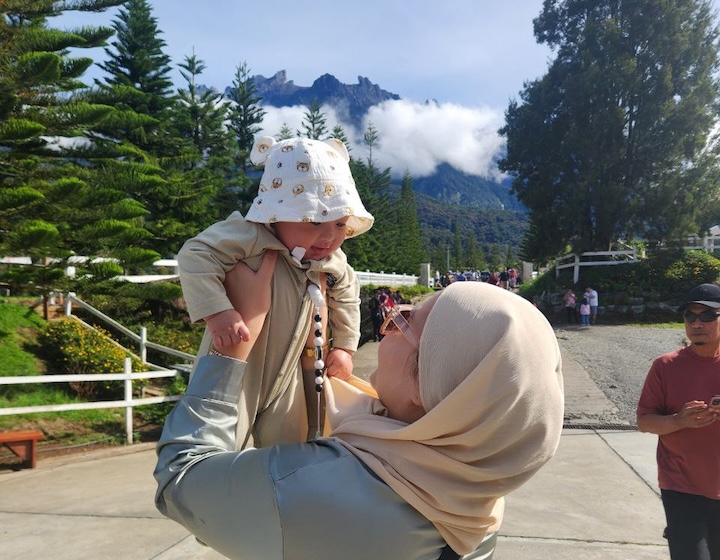
“When I found out I was pregnant, I was terrified. My relationship with my mother made me hesitant to have kids because I always thought that I’d never be able to be the mother my child needed.”
Whenever people ask about my relationship with my mother, I always brush the topic off, hoping the conversation ends there. Writing this article is my first official confrontation with this topic, and it’s slightly triggering. Until now I have avoided digging into this emotional territory. And because of that, I never really got around to dealing with my mummy issues. I didn’t even realise I had them until recently when I became a mum myself and these issues became impossible to ignore.
My relationship with my mum has never been rainbows and butterflies, but I’d love to see a hint of colour in it. I’m not getting any younger, and neither is my mum. So, I might as well confront these feelings now, while I have the chance to. But before I dive in, I’d like to offer a trigger warning for anyone who has experienced childhood trauma, absent parenting, emotionally absent parenting, or anything related. May this article bring you some comfort that you are not alone.
I just wanted my mum to be a mother figure
Growing up, I always envied my friends’ relationships with their mums. I wondered how they could go on mother-daughter dates and look so chummy in photos. I never had that, or rather, I never had a good memory of any of those things.
I grew up expecting and wanting my mum to play the mother role, but she was never able to. She was always busy working for the family, and in that process, I think she developed a selfish complex where she learnt to only prioritise herself and her happiness.
Here’s a little context: My parents divorced while my mum was pregnant with me. It was an abusive marriage, so divorce was really the only option. My mother was granted custody of me and my siblings, and she has raised us single-handedly since then. I can only imagine how hard it must have been for her, having to balance the demands of being a mother and a provider while still healing from an abusive marriage. We were put under the care of my grandmother while my mum worked long hours at the hospital as a nurse. My memory of my grandmother is minimal because she passed away when I was two. Instead, most of my childhood memories are from my time spent in childcare.
Learning to manage my expectations as a daughter
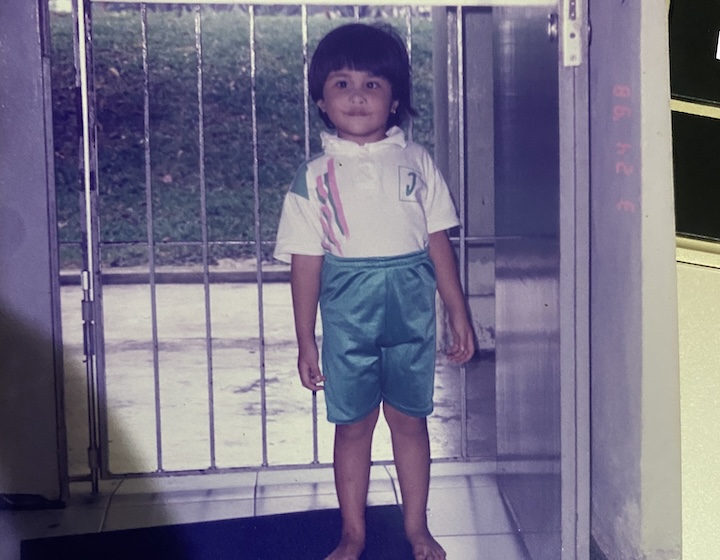
The childcare centre became my second home. Because my mum worked long hours, I remember the teachers had to extend their workday just to keep me company while waiting for my mum to arrive. I remember their kind gestures, the games they played with me as the day got darker outside, and their empathetic smiles. Even as a child, I sensed their concern and learned to brush it off, adopting a “just get through it” mentality.
As I grew older, our relationship became increasingly strained and filled with miscommunication. Compliments were rare, it was easier for her to point out my flaws. Arguments in public and at important events became more frequent. We could go days without speaking, remaining cold and distant. As a growing girl with only one parent to look up to, this was incredibly hard. I found myself withdrawing, becoming more introverted. I began to realise that I wouldn’t receive the comfort I needed from my mum. I would never have the kind of relationship with her that people talk about.
I don’t know how or when I learned to compartmentalise my emotions so easily. Maybe it was because no one really had the time to address my feelings or guide me through my emotional turmoils as a kid. Mum was barely managing to keep everything together. My brother, dealing with his own adolescent struggles, wasn’t equipped to offer emotional support. As for my dad, he wasn’t a part of my life, creating a void that I learned to ignore.
In the absence of a supportive network, I had to fend for myself emotionally. I remember feeling like an afterthought, always the first kid dropped off at school, and the last one picked up. I learned to stop depending on my mum emotionally and started to fend for myself.
Entering motherhood
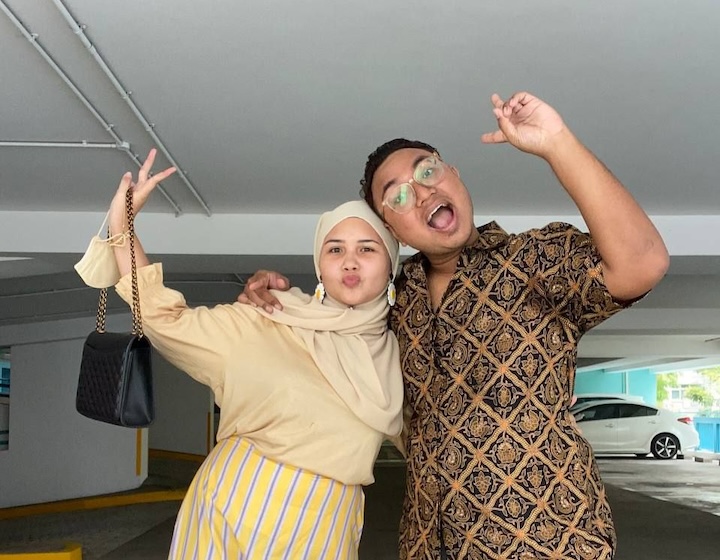
When I met my husband, I found myself constantly questioning our relationship. The lack of love I witnessed in my family made me doubt my connections with others. Throughout our relationship, he always took the time to understand my past, my emotional struggles, and my family issues and never pushed me to confront these matters. Coming from a healthy household, he experienced a bit of culture shock hearing about my family dynamics, but he never viewed me or my family as anything less. Instead, he remained patient, allowing me to navigate these issues on my own.
I always tell him how grateful I am for him and his family, who have shown me so much love despite knowing the context of my family background and the circumstances in which I grew up. Yet, I always find myself questioning: What did I do to deserve this much love that the younger me yearned for but never received?
When I found out I was pregnant, I was terrified. My relationship with my mother made me hesitant to have kids because I always thought that I’d never be able to be the mother my child needed. I never knew what it was like to grow up in a healthy household. I didn’t want another person to go through what I went through, and I cried consistently throughout my pregnancy because of the anxiety I felt.
The thought of becoming a parent myself stirred up all the unresolved issues I had with my own mother. I was overwhelmed with the fear that I might repeat the same mistakes, that I might somehow pass on the same pain and struggles.
Throughout my pregnancy, I was plagued by relentless self-questioning, “What if I’m not good enough?” My husband would always immediately diminish these thoughts. “Yes, you’ll be an amazing Mum,” and “You’ll break the cycle,” he’d say.
With his encouragement, I started to believe that I could indeed break the cycle and offer my child the nurturing and loving upbringing I had always longed for.
Balancing empathy and accountability
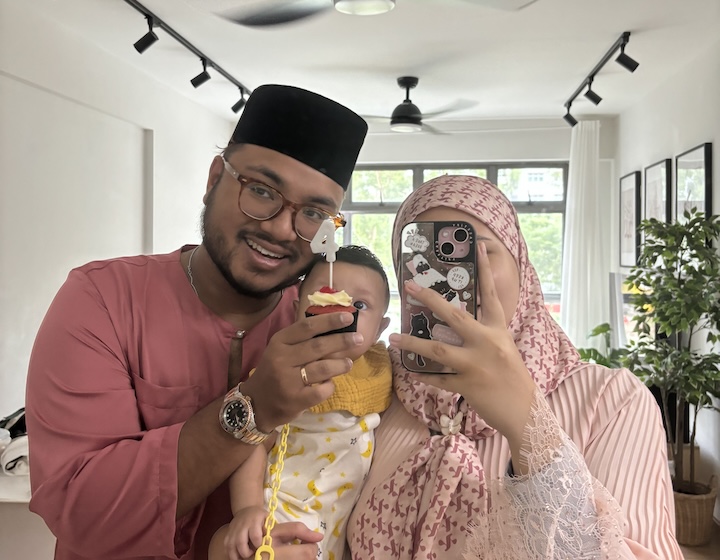
As a mother now, I don’t blame my mum for prioritising herself. She was significantly hurt in the marriage, and it made sense for her to seek happiness. But as a daughter, then and now, I still hold her responsible for the separation anxiety I developed as a young kid when I was left at home while she headed out and only came back late at night. For rejecting my countless calls when all I wanted was comfort. For wanting to end the calls hurriedly when she did answer. For when I cooked my first meal on the stove at just seven years old. When I received new school shoes from the welfare organisation but had to wait till my brother came home at night to help me fix the shoelaces.
Don’t get me wrong. I don’t hate my mum. I’ve always respected her and acknowledged her incredible strength. Despite everything, I recognise the sacrifices she made, raising us single-handedly after enduring so much. Her journey was far from easy, and while our relationship is complicated, my respect for her remains unwavering.
I know my mum tried her best
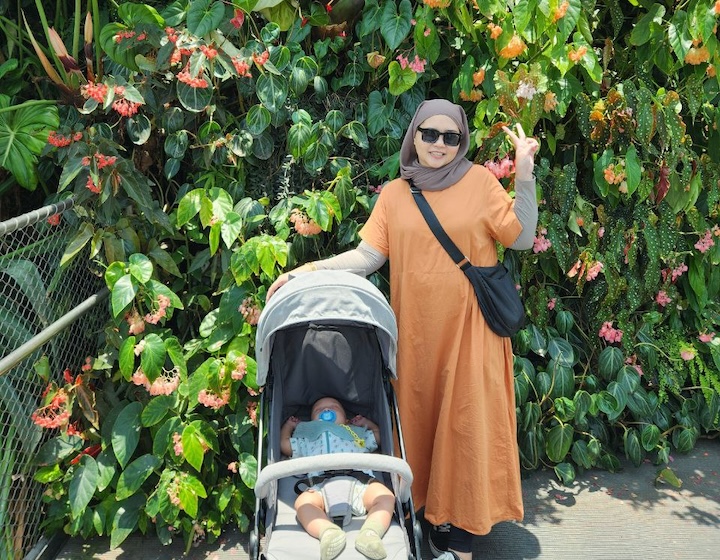
There were times when my mum clearly tried her best. She attended all those parent-teacher meetings alone while other kids had both parents present. She took off from work whenever I fell sick because there was literally no one else to care for me. I remember those tough times when she struggled to pay the bills. Amidst all these challenges, she was still healing from the trauma my dad had inflicted on her.
Looking at the situation now, I realise that my mum was mentally overwhelmed and burdened by countless responsibilities, leaving her stretched too thin to truly nurture me. I regret not understanding this sooner. Growing up, our interactions were filled with constant screaming, meticulous calculations, deep-seated angst, and eventually, a heavy silence whenever we were together. If I had recognised these struggles earlier, I might have understood her better and become more patient with her.
But I now see that her emotional and physical exhaustion prevented her from being the nurturing mother I needed. It wasn’t until I became a mother myself, that I began to confront these issues and understand the complexities of my mum’s struggles.
A step towards healing
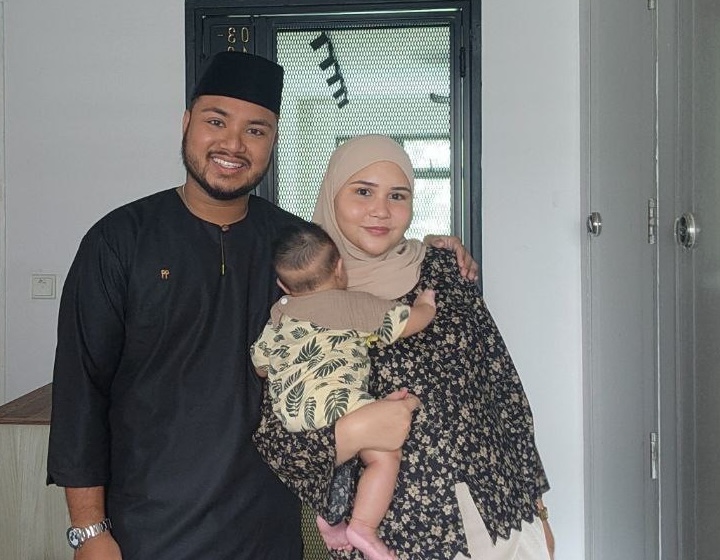
My relationship with my mum isn’t much different now. We still navigate our interactions carefully, often avoiding topics that could lead to conflict. I make an effort to include her in family gatherings, share updates about my life, and seek her advice on matters to show that her presence is valued. I can see her attempts to reach out with gestures of care, like a text to check in or a home-cooked meal. It’s progress, albeit in baby steps, but it’s progress nonetheless.
My experience has made me determined to parent my child differently. I strive to be present and nurturing, ensuring my son feels valued, valid, and loved. I vow to always raise him with kindness and love and never fear. I promise never to make him feel alone, unheard, or unnecessary.
I don’t know if I’m doing a good job just yet—it’s too early to say—but I can only hope for the best. What I do know is that I am dedicated to ensuring my son never feels the isolation and neglect I experienced.
Ultimately, I hope to break this cycle. Even though generational trauma exists, generational healing can too.



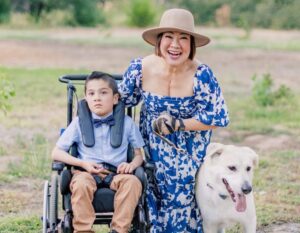


 View All
View All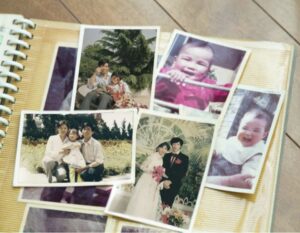




 View All
View All










 View All
View All



